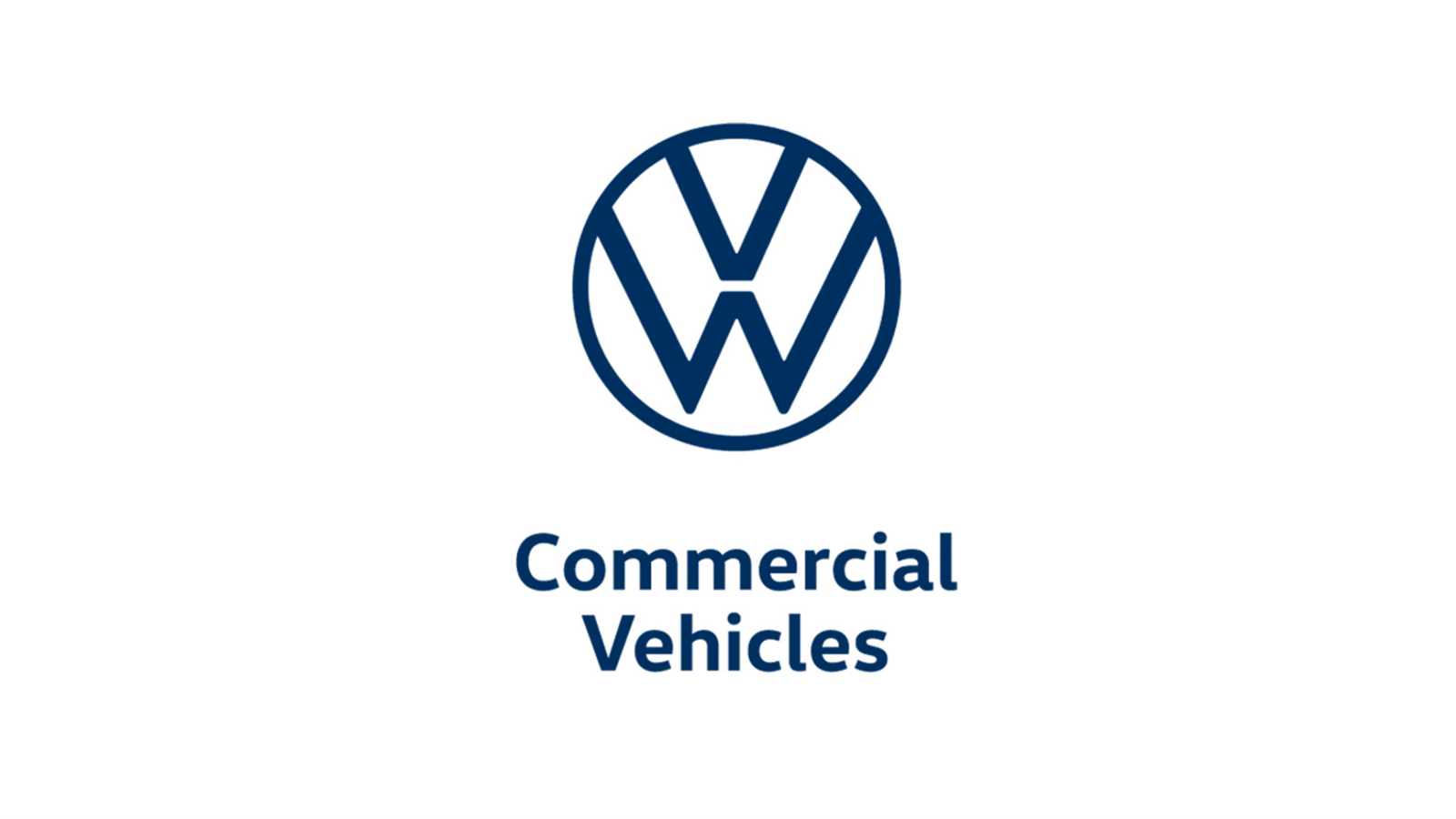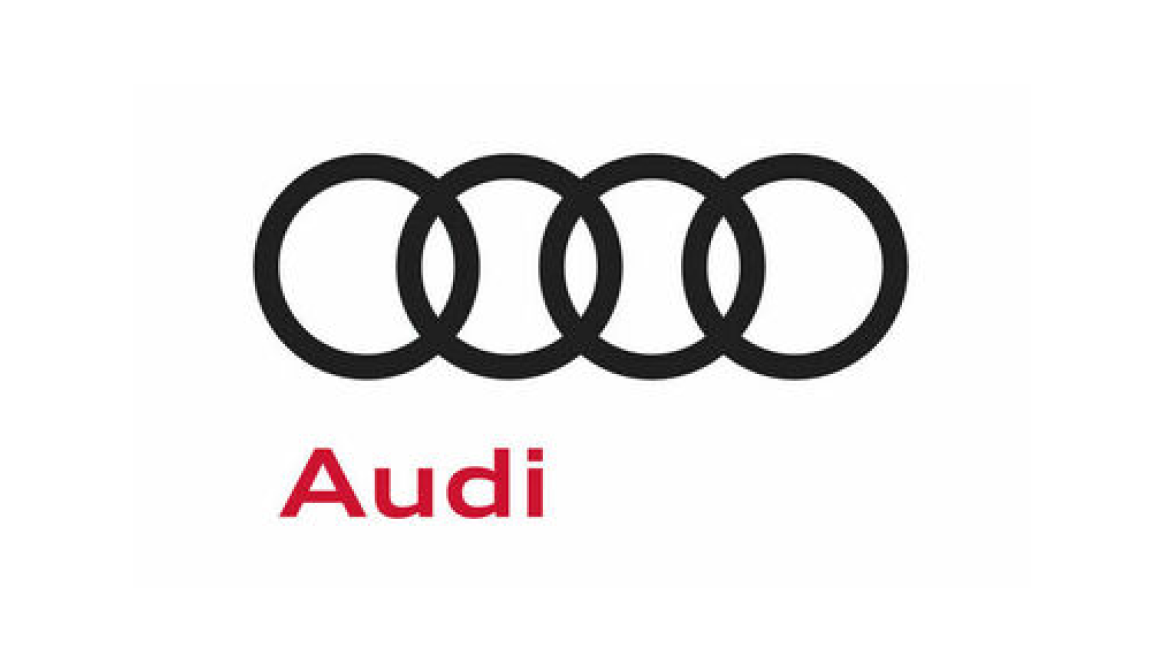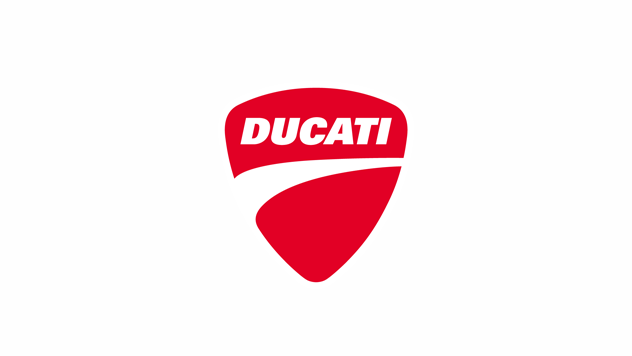Purchase
Vehicle leasing is key to driving the further market success of e-mobility. E-models are already available today with attractive leasing rates at levels similar to combustion vehicles. Falling battery costs will lead to lower purchase prices for e-models in the coming years.
- More than 80% of BEV customers in Germany choose leasing
- Leasing rates are already at a similar level to combustion vehicles (e.g., ID.3 vs. Golf, ID.4 vs. Tiguan, ID.7 Tourer vs. Passat Variant)
- With advantages in operating costs (e.g., lower electricity costs, reduced maintenance expenses), BEVs are on the same total cost level as combustion vehicles
- Purchase prices are steadily converging, e.g., Škoda Elroq achieves price parity with Karoq, reduced starting price of ID.3, supported by falling battery costs
- The Group already has the broadest BEV portfolio, and remaining gaps will soon be closed
- MEB models starting at €25,000 will be introduced in 2025
- Entry-level models starting at €20,000 will follow in 2027
Running Costs
E-models are cheaper to maintain, as home charging costs are 50%-60% lower than petrol costs and often also lower when charging on the go.
- According to the German Federal Ministry for Economic Affairs and Climate Action, charging electricity costs average around €5 per 100 km – lower than any other drivetrain technology (Q2/24, Germany)
- Energy costs for small and compact cars are about 50% lower than those for petrol vehicles, for mid-/upper-class vehicles over 60% cheaper; Source: BMWK Energy Costs Comparison, based on E10 type gasoline
- According to Verivox, costs for charging on the go are often slightly lower than for petrol or diesel (AC charging €10.85 / DC charging €12.89 per 100 km vs. €13.77 petrol and €11.94 diesel); Source: Verivox Half-Year Electricity Cost Review
- The Volkswagen Group supports the introduction of a legal cap for public charging prices
Repairability/Battery Replacement
Battery components are generally repairable or replaceable. Full battery replacement is a rare exception.
- Almost all individual components of the battery system (modules, control units, casings) can be repaired or replaced
- Typically, replacing a defective module suffices
- Full battery replacement is only necessary in exceptional cases
- Dealerships and service centers are fully qualified for diagnosis and repair, supported by a network of around 450 repair hubs
Residual Value
More than 80% of our BEVs are leased, and we manage the resale of most used vehicles.
- Used car prices are normalizing across all drive types after peaking
- The used car market for BEVs is still developing
- BEV leasing remains attractive, with over 80% of Group customers in Germany opting for it

























